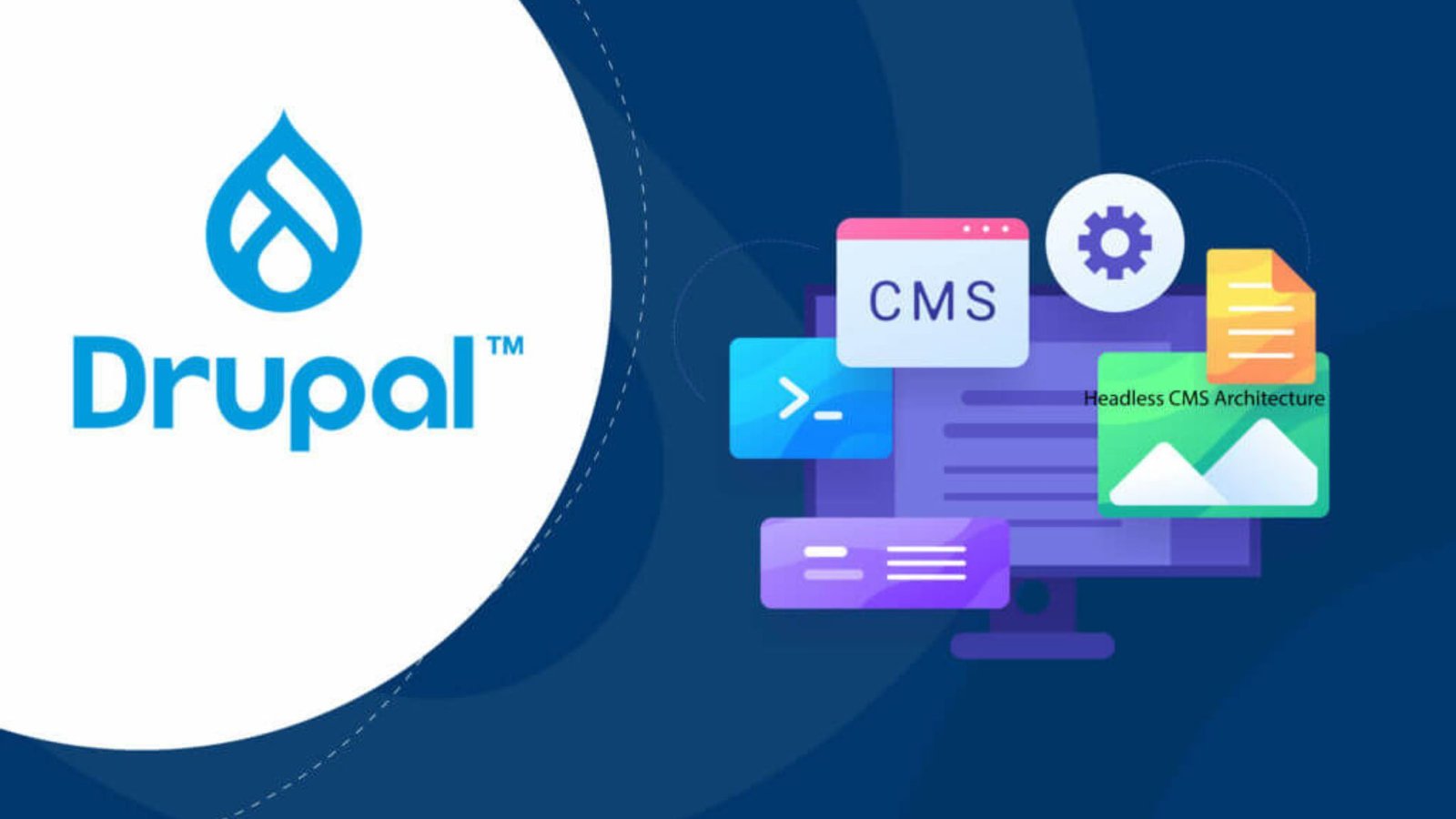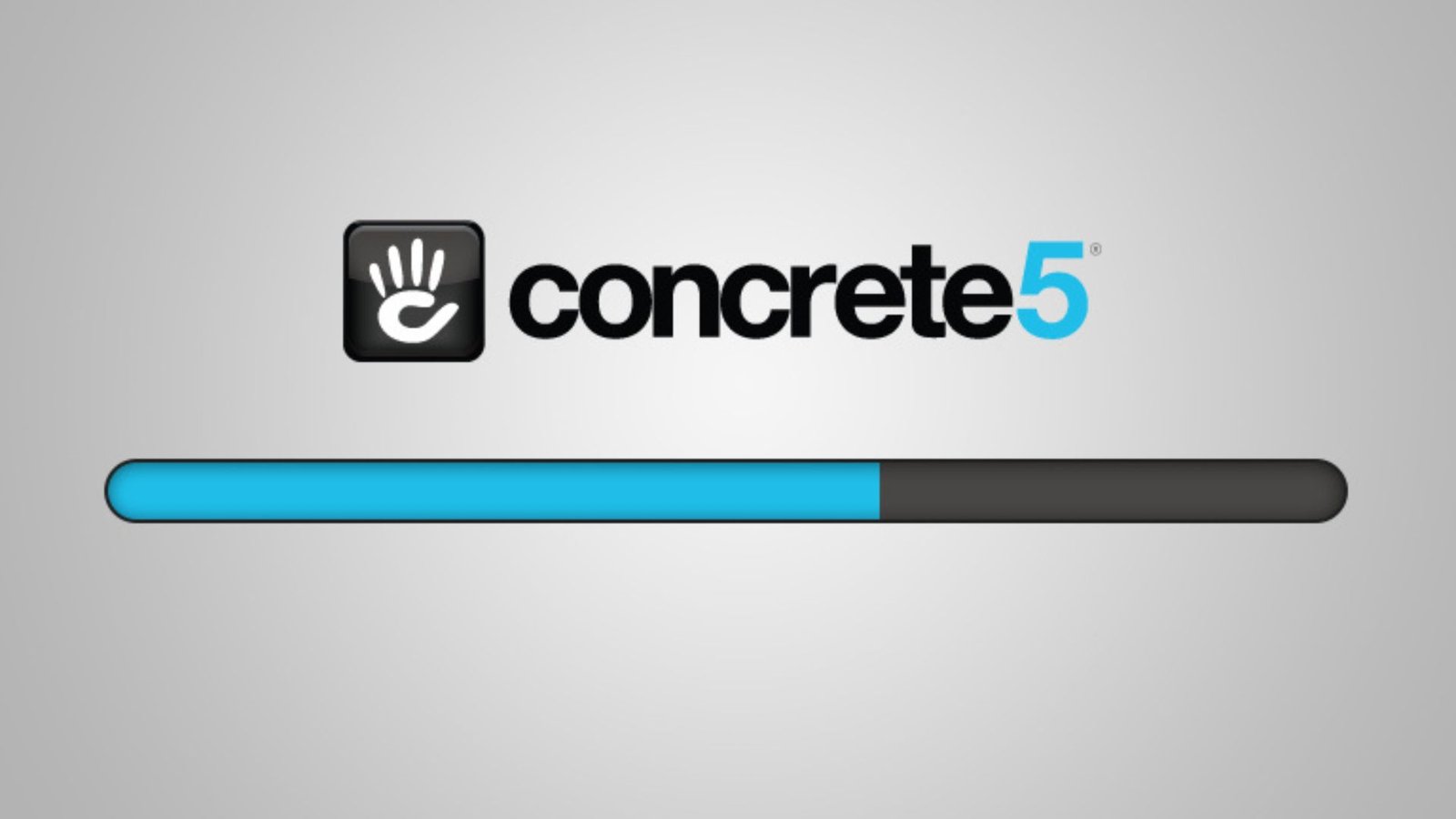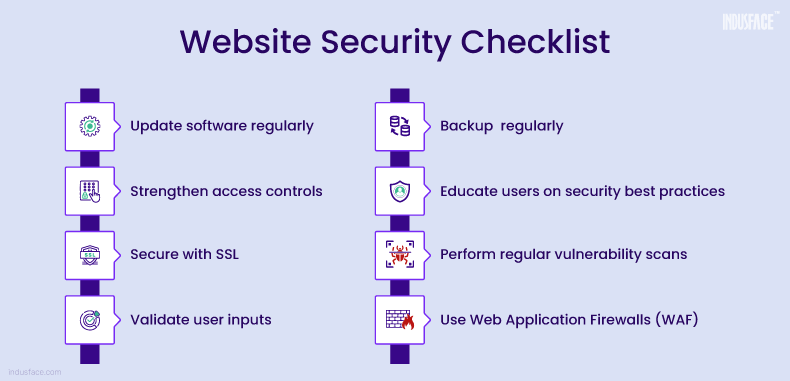When it comes to choosing the best content management systems for web development, the options can be overwhelming. A content management system (CMS) helps you build, manage, and update your website easily without needing extensive technical knowledge. In this article, we’ll walk you through some of the top CMS options, highlighting their features and benefits to help you find the right fit for your web development needs.
Content Management Systems for Web Development
1. WordPress
WordPress is arguably the most popular CMS in the world, powering over 40% of all websites. It’s renowned for its user-friendly interface and extensive library of plugins and themes. Whether you’re building a blog, an e-commerce site, or a portfolio, WordPress offers flexibility and customization options that make it suitable for almost any project.

2. Joomla
Joomla is another powerful CMS that’s ideal for more complex websites. It offers strong content management features and flexibility, which are great for handling large amounts of data. Joomla’s built-in features make it a solid choice for e-commerce sites and social networking platforms.
3. Drupal
Drupal is known for its robust security features and scalability. It’s often used for more advanced projects requiring custom functionality and high performance. If you’re working on a site with complex content structures or need advanced user permissions, Drupal is a strong choice.
4. Wix
Wix provides a user-friendly drag-and-drop interface that’s perfect for beginners. It’s a great option if you want to create a visually appealing website quickly. Wix offers a variety of templates and design tools that allow you to build a professional site without any coding skills.
5. Squarespace
Squarespace is known for its beautiful design templates and ease of use. It’s particularly popular among creatives and small businesses looking for a stylish and functional website. Squarespace offers a range of customization options and integrated features, including e-commerce capabilities.
6. Magento
Magento is a powerful CMS specifically designed for e-commerce websites. It offers extensive features for managing products, sales, and customer interactions. Magento’s flexibility and scalability make it ideal for large-scale online stores with complex needs.
7. TYPO3
TYPO3 is an enterprise-level CMS that offers a high degree of flexibility and customization. It’s suitable for large organizations with complex content requirements. TYPO3 provides robust features for managing multiple websites and multilingual content.
8. Weebly
Weebly is a straightforward CMS with an easy-to-use interface. It’s great for small businesses and personal websites. Weebly offers drag-and-drop functionality, making it simple to build and maintain your site without needing technical skills.
9. Concrete5
Concrete5 is known for its user-friendly editing features and intuitive interface. It allows for easy inline editing, making it a good choice for users who want to make changes directly on the page. Concrete5 is suitable for both small and medium-sized websites.
10. HubSpot CMS
HubSpot CMS integrates seamlessly with HubSpot’s suite of marketing tools. It’s an excellent choice for businesses that want to combine web development with marketing automation. HubSpot CMS offers robust analytics and customization options to optimize your site’s performance.
11. Webflow
Webflow combines a CMS with a website builder, providing advanced design capabilities and flexibility. It’s perfect for designers who want more control over their site’s appearance without writing code. Webflow’s visual editor allows for precise design customization.
12. Ghost
If your primary goal is to run a blog or a content-driven website, Ghost provides a streamlined and efficient platform.
13. Plone
Plone offers a wide range of features, including advanced content management and workflow capabilities.
14. Mura
Mura is a flexible CMS built on ColdFusion. It’s suitable for both small and large-scale websites and offers features like custom content types and workflow management.
15. Craft CMS
Craft CMS is a user-friendly CMS that focuses on providing a flexible and customizable experience. It’s ideal for developers who need more control over content structures and site functionality. Craft CMS offers powerful tools for building and managing unique websites.
Conclusion
Choosing the right content management systems for web development depends on your specific needs and technical expertise. Whether you’re looking for ease of use, advanced functionality, or design flexibility, there’s a CMS out there that fits your requirements. By evaluating the features and benefits of each option, you can select the best CMS to build and manage your website effectively.




